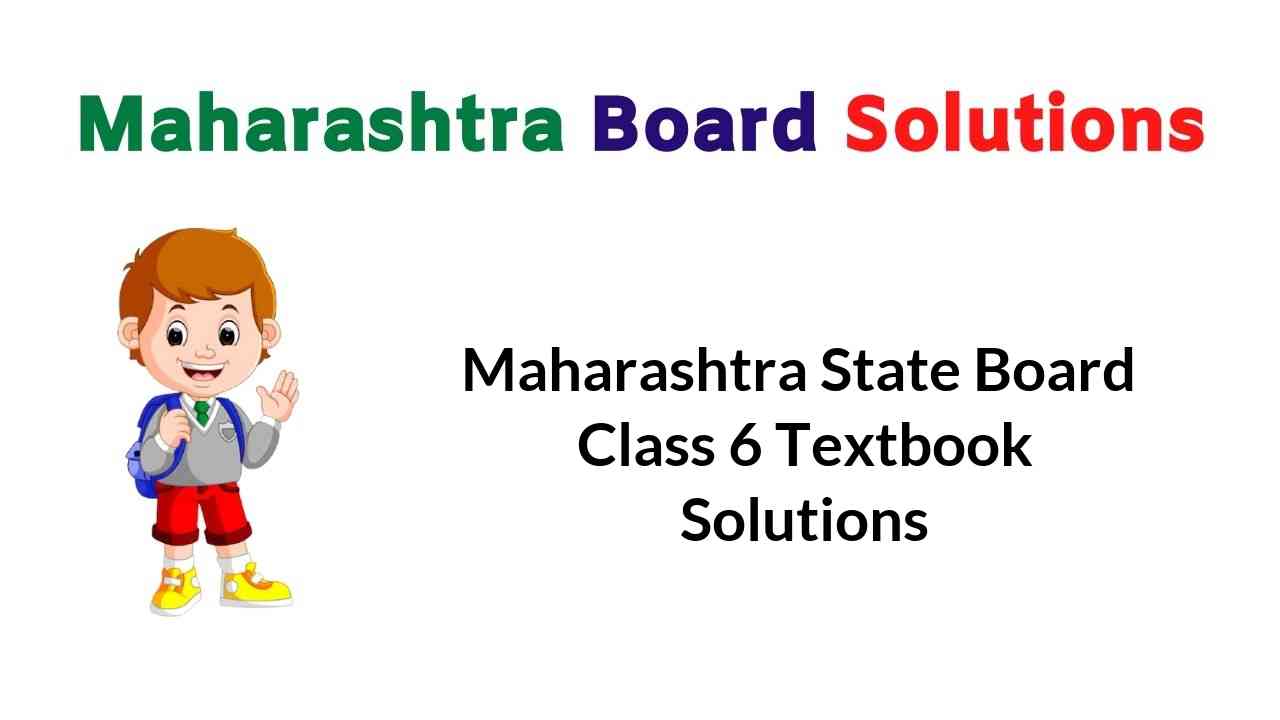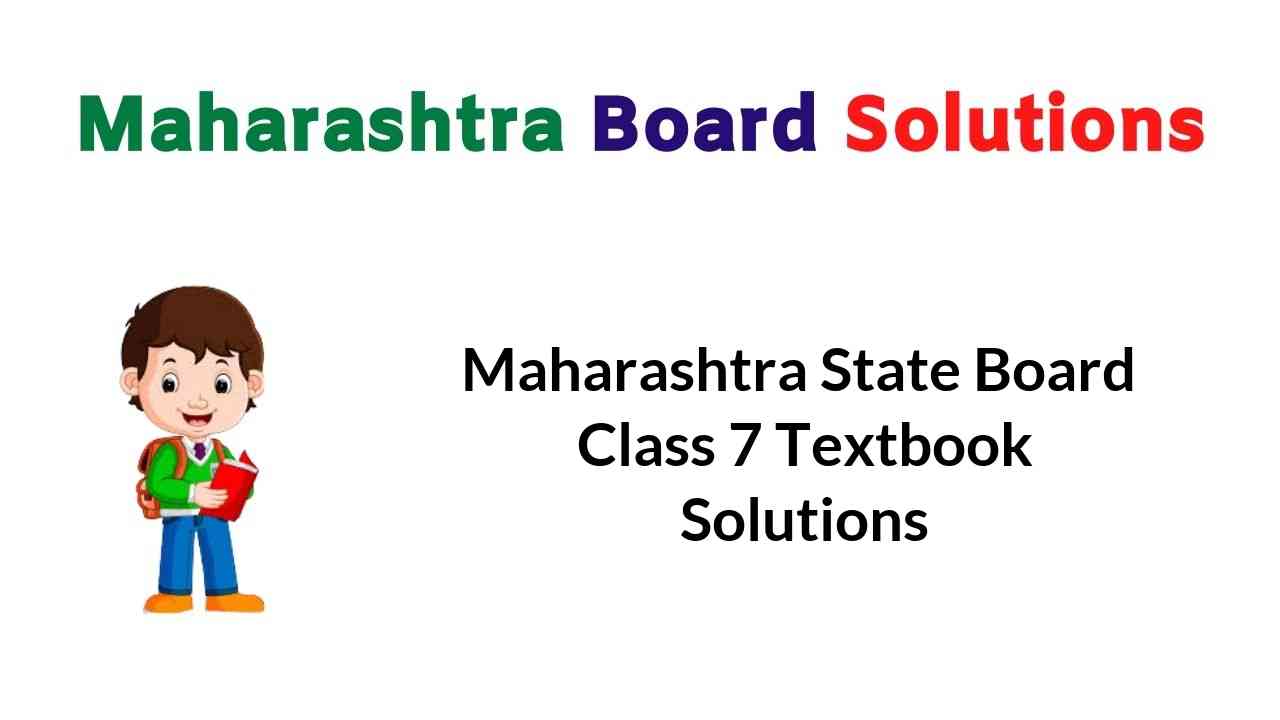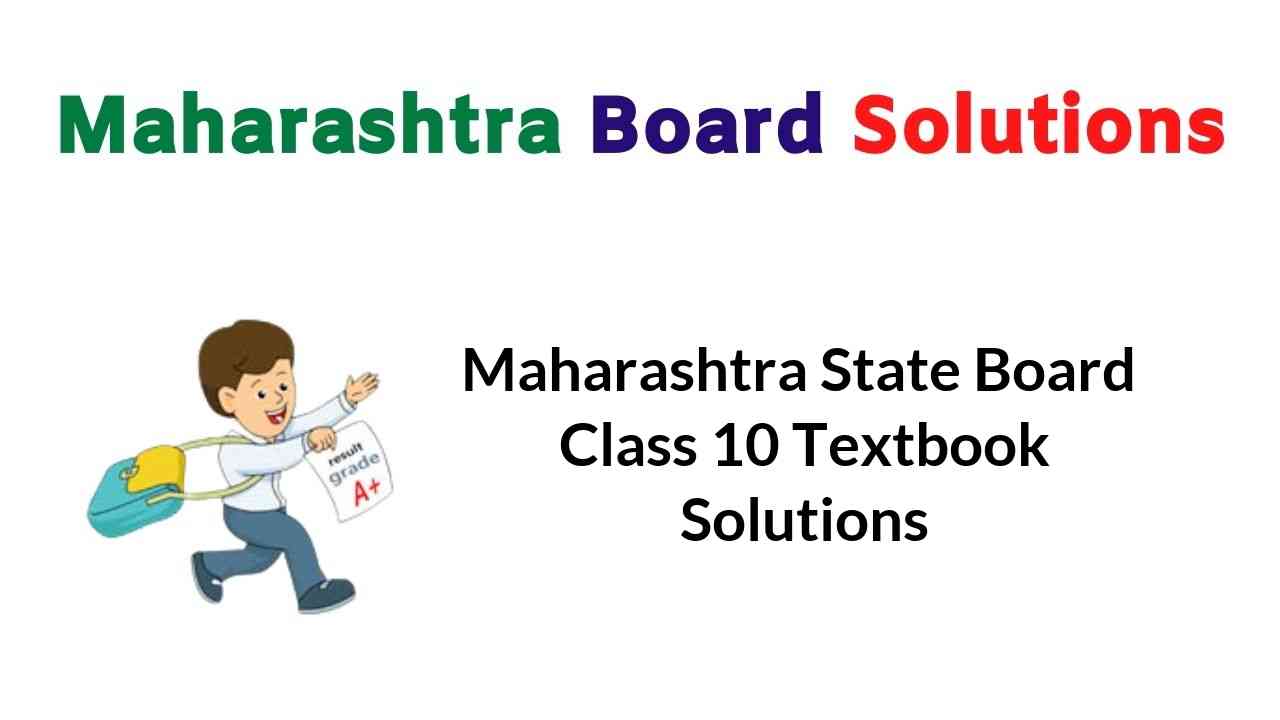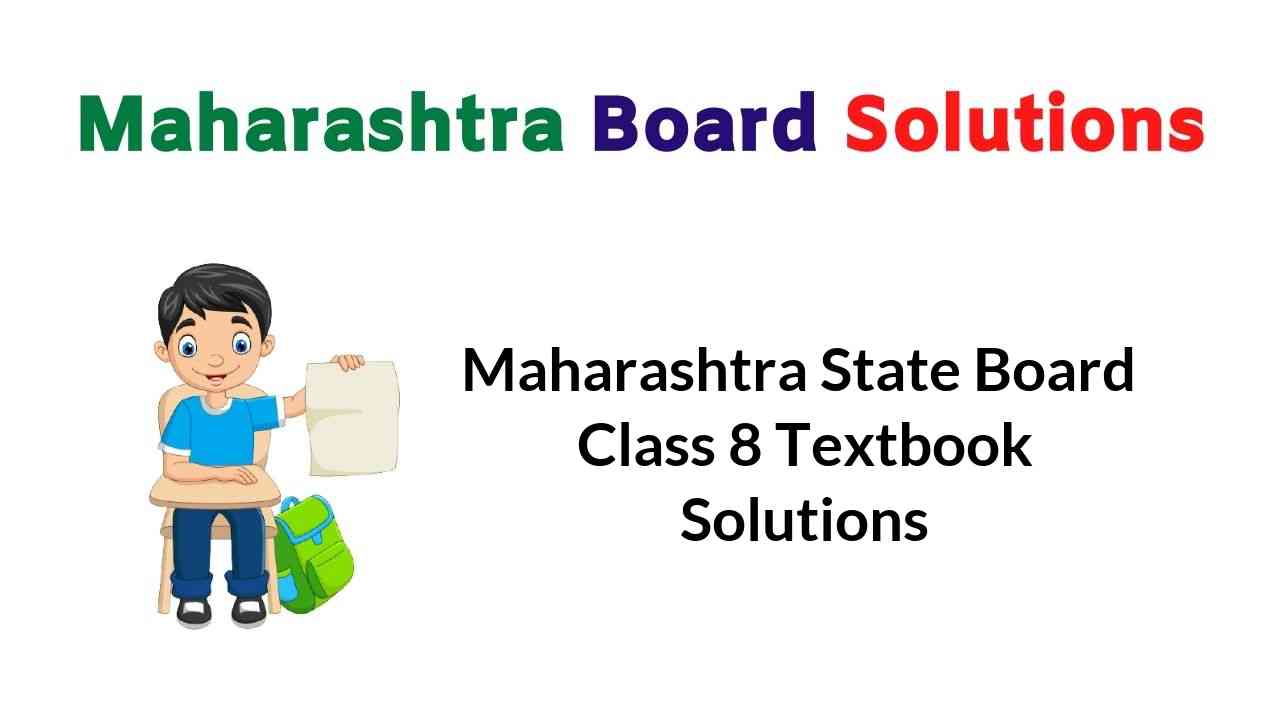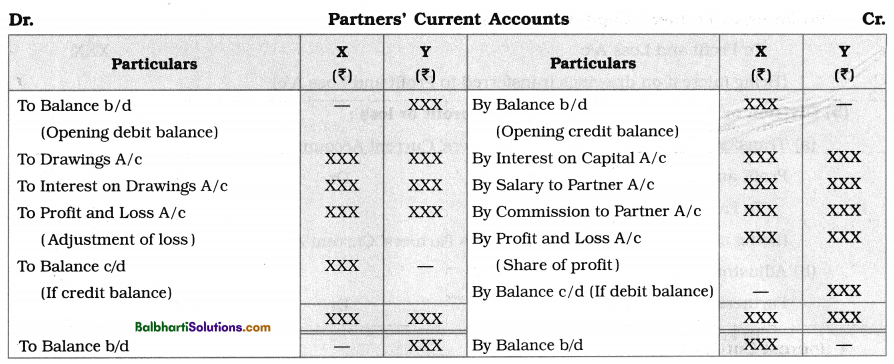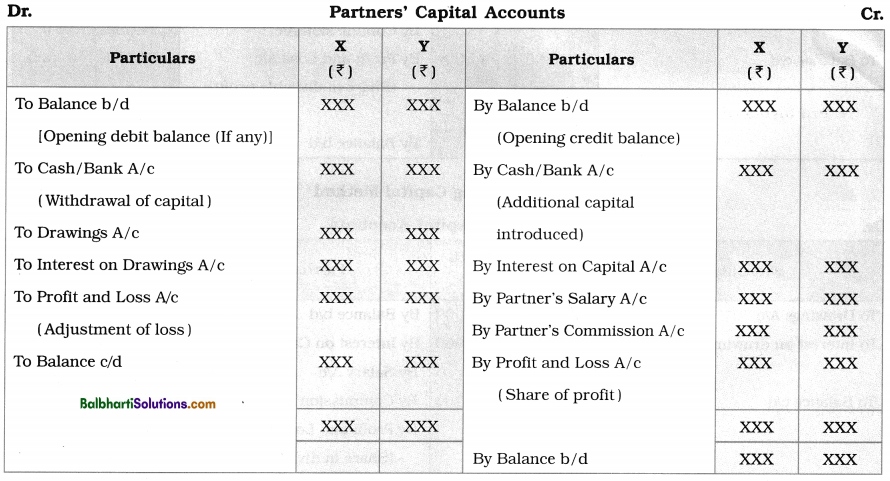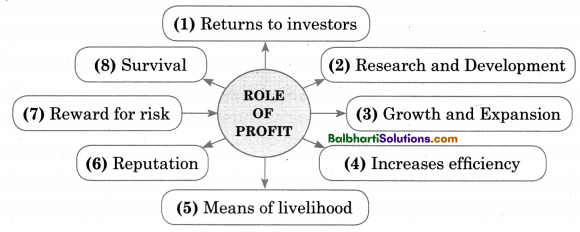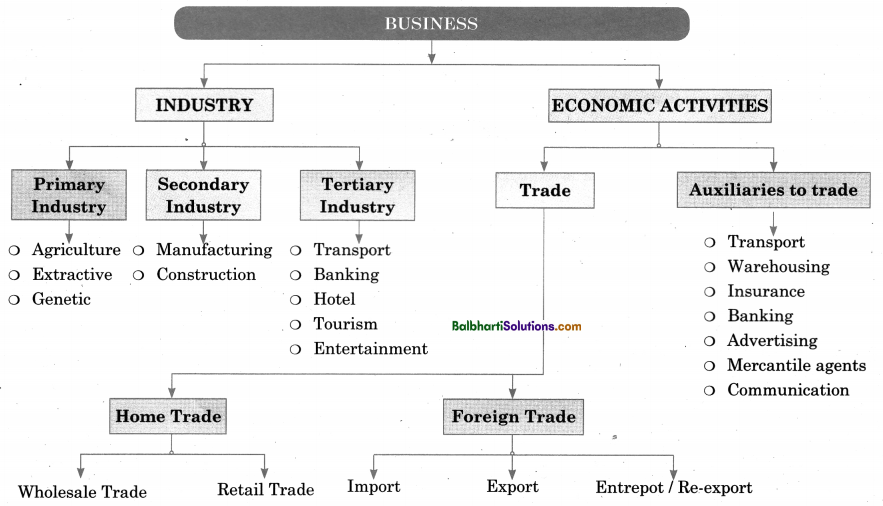Balbharati Maharashtra State Board 6th Std Textbook Solutions Answers Digest
- Maharashtra State Board Class 6 Maths Solutions
- Maharashtra State Board Class 6 Science Solutions
- Maharashtra State Board Class 6 History Solutions
- Maharashtra State Board Class 6 Civics Solutions
- Maharashtra State Board Class 6 Geography Solutions
- Maharashtra State Board Class 6 English Solutions
- Maharashtra State Board Class 6 Hindi Solutions
- Maharashtra State Board Class 6 Marathi Solutions
